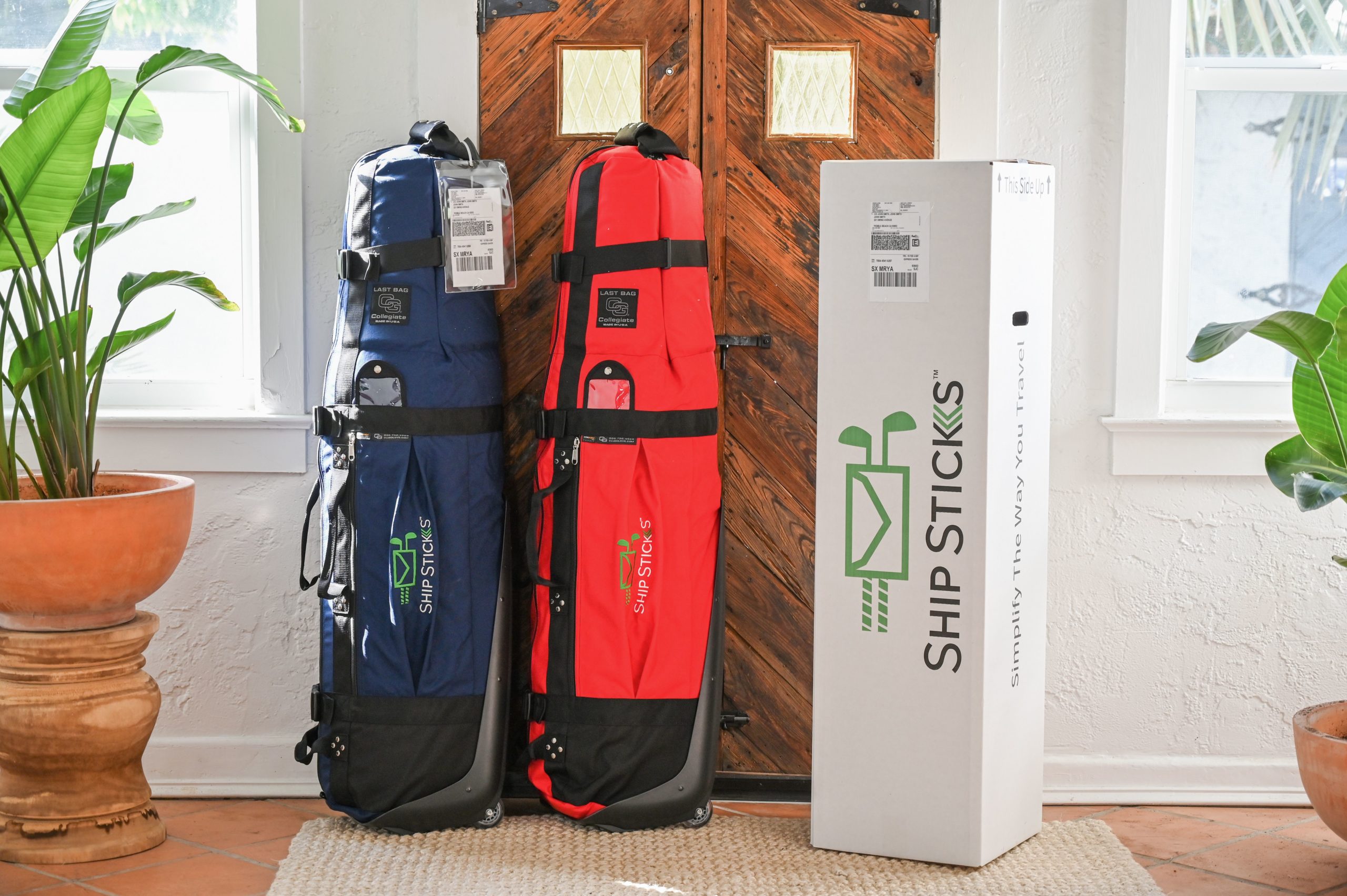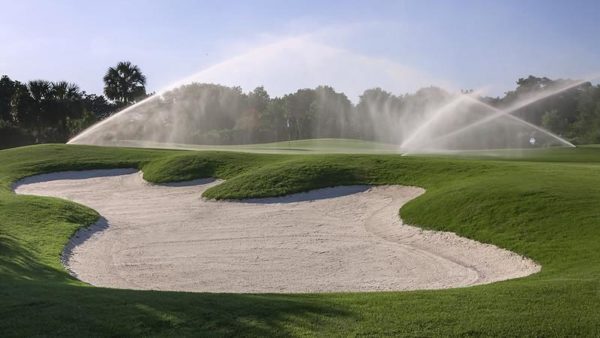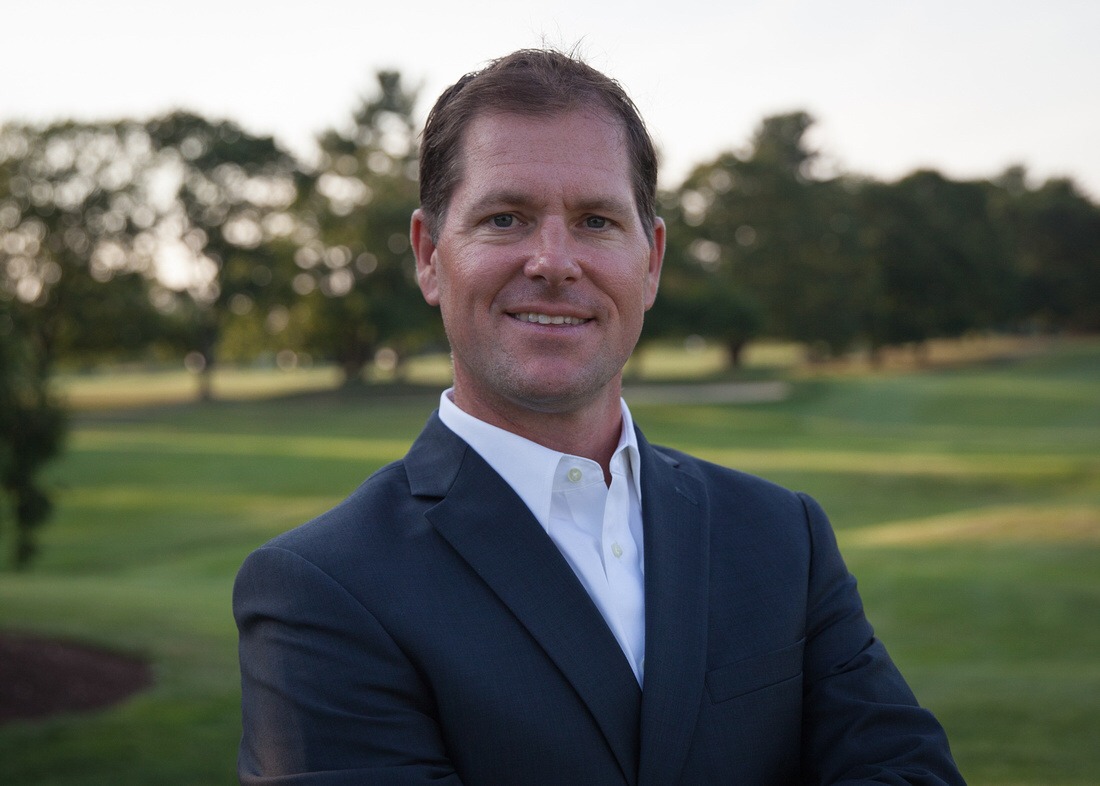Saved From the Chopping Block
Tom Fazio said he always knew the Wynn Golf Club had a limited shelf life. The celebrated golf course architect figured his posh layout on the Las Vegas Strip was gone for good when it closed in 2017, with the pristine fairways and greens set to be dug up in favor of a $3 billion development project.
“Usually, golf courses do not exist in such a perfect, expensive location,” Fazio said. “So, I understood it. I knew it was going to happen someday.”
But the Wynn Golf Club, which traces its roots to the 1950s as the old Desert Inn, escaped the chopping block.

“In terms of taking a piece of the golf course and doing something else with it, that’s just logical because of increased value,” said Fazio, adding that he’s shocked a golf course exists in that location on the Las Vegas Strip at all.
In an era when golf course closures far outweigh new openings – a market correction that’s the result of oversupply in the industry coupled with a strong demand for real estate — the Wynn Golf Club isn’t alone in escaping the bulldozers. It’s a high-profile and high-end example, with a peak-season playing fee of $550 that’s among the highest in the game, but the NGF’s facility database reveals a host of other courses that have gotten a new lease on life.
Consider Fonner View Golf Course in Grand Island, Nebraska.
The nine-hole layout about 2 ½ hours southwest of Omaha was literally about to be leveled in favor of a residential development before Mike Wieck and his family stepped in and bought the property that had been closed for almost two years. Wieck, who runs a local land leveling company, was hired to start moving dirt to clear the way for housing but instead talked the course’s former owner out of destroying the 50-year-old layout.
“It was out of the blue,” Wieck told the Grand Island Independent about the decision to purchase the business with his two brothers and his parents.
“We are either going to save it or it will become a housing development. Usually if something becomes a housing development, it never goes back.”
After extensive work that included replacing all nine greens, Fonner View was reborn. Although neglected for almost two years, the course was popular before closing. It was shut down because the former owner had health issues, not due to financial problems. The short layout has four par-3 holes and five par-4’s, only one of which tops 300 yards, and costs just $23, including a cart, for an 18-hole weekend round.
‘My Neighborhood, My Backyard’
At Northwood Hills Golf Course just outside of Shreveport, Louisiana, the story was similar: a local business owner stepped in to save a course that was on the verge of being turned into a new subdivision.

A Shreveport club open to both the public and members, Northwood Hills has a new lease on life. (Photo credit: Northwood Hills)
Randy Noble, who owns a survey and engineering company called Polaris Services, was working several years back with former course owner Jim Egan on plans to eliminate Northwood Hills. Noble had lived in the neighborhood for well over a decade with his wife and four daughters and, although he didn’t play much golf himself, he saw the golf course community as a “nice, quiet place to raise a family.”
Noble lives in a house on the 17th hole, but it wasn’t until he saw Egan, who was 95 at the time, piling dirt into the club’s swimming pool – one his daughters used to swim in – that he decided to step in.
“It’s my neighborhood, my backyard,” said Noble, who on Sept. 11, 2014 bought the club from Egan, a World War II veteran who fought in the Battle of the Bulge. Noble himself served 31 years in the military, including 25 years as a civil engineer with the Air Force Reserve in Louisiana, and during his final deployment in 2008-09 helped get Kirkuk Air Base in Iraq up and running after the U.S. deposed Saddam Hussein.
Noble didn’t inherit much when he took over the club. Although there were 50 pieces of maintenance equipment on the inventory, “only five of those worked and four of them were weed-eaters,” Noble says with a chuckle looking back on it now. Collectively though, the neighborhood came together, with members and residents helping with landscaping efforts.
Today, the once-private course is vastly improved and hosts both member and public play. Golf teams from the local middle school and high school, along with a nearby college, are allowed to play for free – provided they come a couple times a year to help with cleanup or assist with the running of bigger tournaments.
“It builds esprit de corps and pride in their home course. It’s kind of what I learned in the military,” says Noble, the former Command Chief for the 307th Bomb Wing at Barksdale Air Force Base. Indeed, Noble recognizes the positive impact the course can have on the local community.
“I think the past owners, well before Jim, robbed, pillaged and plundered it, because they never put money back into it,” Noble says. “Every penny that’s made now goes back into it. I live a comfortable life. This is about taking care of people and running it like a business. I don’t think anyone really cared about it before.”
In Tampa, Florida, the Plantation Palms Golf Club was closed from 2014 to 2016 and was in real danger of being developed before the community of 821 homeowners mobilized to save – and improve – the facility. The homeowners’ association partnered with Ace Golf, the local owner and operator of several other area courses, to eliminate the 6-foot high weeds in their backyards, restore the course and overhaul the club.
The HOA first agreed to purchase a social membership for every family in Plantation Palms for five years to support the club.
“That helped take the edge off what would have been our highest-ever investment cost and expand the business,” said owner Bill Place. A new banquet room was built along with a lighted miniature golf course and lighted driving range, while the most noteworthy addition might be an Irish pub.

The Irish Pub at Plantation Palms. (Photo courtesy: Plantation Palms)
As someone who’s experienced course closures, Place says the rebirth of Plantation Palms is a breath of fresh air.
“It helped that we changed it fundamentally from what it had been,” Place says. “Now they can have big functions, big parties, HOA meetings, their kids can come play mini golf, there’s nighttime activity with the driving range and the Irish pub. And let’s face it, pretty much everybody loves an Irish pub.”
Short Game.
"*" indicates required fields
How can we help?
NGF Membership Concierge

"Moe"
Learn From NGF Members
 Ship Sticks Secrets to a Hassle-Free Buddies Golf Trip
Ship Sticks Secrets to a Hassle-Free Buddies Golf Trip
Whether you’re the head planner of your upcoming buddies golf trip or simply along for the ride, we’ve gathered a few easy ways to keep everyone in your group happy.
Read More... Golf Course Turf, Soil and Water Quality Diagnostic Testing
Golf Course Turf, Soil and Water Quality Diagnostic Testing
As humans, we see our primary care physician on a regular basis to proactively evaluate our vital signs. Likewise, a superintendent should perform frequent diagnostic testing on their golf course.
Read More... Unlocking Distance: Launch Conditions and Angle of Attack
Unlocking Distance: Launch Conditions and Angle of Attack
We’ve long known that higher launch and lower spin is a powerful combination for generating consistently long and straight tee shots. A key factor in optimizing launch conditions, one often overlooked, is ...
Read More...



